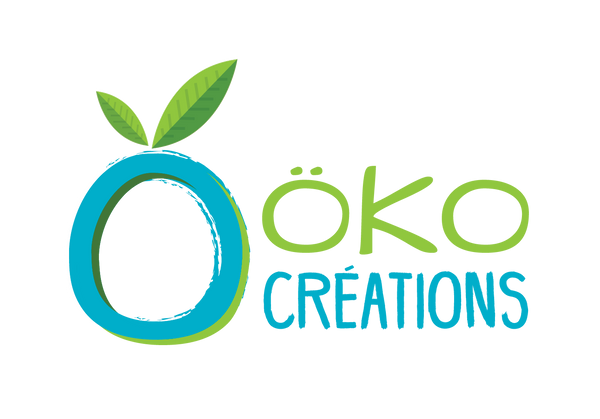
Menstrual poverty: the impossible choice between dignity and survival
Share
Today, let's talk about something that affects many people but often remains taboo: menstrual poverty.
If you didn't know, since 2014, the international community has dedicated May 28 as a global day for menstrual health and poverty. Its goal is to break the silence and finally bring the topic to the forefront.
It's a great opportunity to break the silence and highlight the challenges related to menstruation (and I'm not even talking about the pain and discomfort!).
Why choose May 28?
The choice of the 28th day of the month refers to the average length of a menstrual cycle. May is the 5th month of the year, representing the average number of days of menstruation!
What is menstrual poverty?
Menstrual poverty is the inability to access safe, hygienic, and affordable menstrual products. Basically, it means ending up in uncomfortable, even dangerous situations (for example: keeping a tampon in too long because there aren't enough), simply because one cannot afford pads or tampons or they are not accessible.
I much prefer the concept of menstrual equity. It's the idea that everyone, regardless of income, gender, or geographic location, should have access to these basic products. In short, it's about ensuring that menstruation is not an obstacle to education, work, or a dignified and fulfilling life!
Concrete examples of menstrual poverty:
Imagine: you're at work, and surprise, your period arrives in full force. You search your bag, ask your colleagues, but nothing. No pad, no tampon. What do you do? The uncomfortable wad of toilet paper that leaves little souvenir bits everywhere? Wonderful…
When monthly expenses are tight, some people have to choose between buying food or menstrual products.
I recently learned that in northern Canada, a box of disposable menstrual pads can cost up to $30. Sounds crazy, right?
Solutions to fight against menstrual poverty
Reusable menstrual products have a great advantage; you don't throw them away after use! They are a more sustainable and economical solution. Menstrual cups, washable pads, and period panties can be used multiple times, reducing long-term costs.
On another level, more than 200 cities and municipalities already offer subsidies for purchasing reusable menstrual products. Initially designed to reduce waste, this initiative offers a "2 for 1" advantage: reducing waste while fighting menstrual poverty.
Community and government initiatives are also crucial. Distributing free products in schools, shelters, and community centers makes a huge difference. Education also plays a key role: informing and raising awareness about the importance of menstrual hygiene can change attitudes and policies.
How Öko Creations Positions Itself in the Fight Against Menstrual Poverty
As a female-led company, we have all experienced these kinds of situations at one time or another. No one should ever feel ashamed because of it. Whenever possible, Öko partners with various organizations to make a difference (RQASF, Food Banks Canada, etc.). Since 2009, we have been manufacturing reusable menstrual products that, I believe, contribute to the empowerment and menstrual autonomy of women and menstruating people.
The mini FAQ
What is menstrual poverty?
Menstrual poverty refers to the inability to access hygienic and affordable menstrual products.
Why are reusable products advantageous?
They are economical in the long term, eco-friendly, and reduce plastic waste.
How can I help fight menstrual poverty?
By supporting local initiatives, donating products, and advocating for favorable public policies.
Can cities help?
Yes, many already do by subsidizing reusable menstrual products!
In conclusion
In the current economic climate, many households are struggling and have to make heartbreaking choices between paying bills, rent, groceries (and menstrual products). I hope this article has enlightened you on what menstrual poverty is and the possible solutions to avoid facing it.
 |
Kim-Mia Gagnon Enthusiastic Human at Öko since 2016
|
